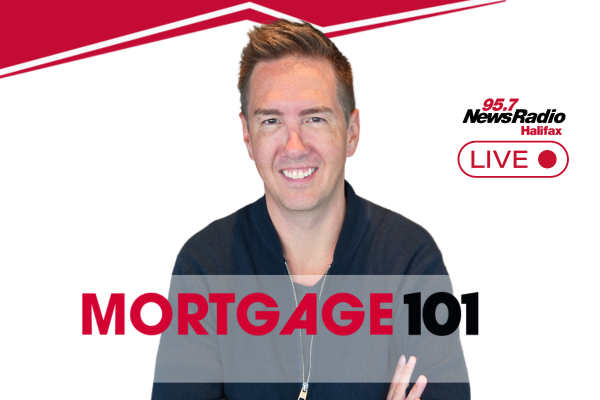Dan Ahlstrand and Clinton Wilkins are joined by Mario Cloutier of Manulife to discuss the importance of risk insurance for home additions, creditor insurance, and the importance of financial literacy.

What are your options for dealing with debt?
If you are dealing with debt, what should your plan of action be? The answer, of course, will depend on your unique situation. However, you first need to understand what your options might be, and how to choose the right path forward. Here are some suggestions for working your way through your debt, and who these tips work best for!
Create a payoff plan
Sometimes, your debt is manageable on your own if you create a plan to pay it off. This is for situations when you are dealing with debt that is not too severe. It’s time to take a look at the debts you owe, their interest rates, and their minimum payment amounts. This last item is especially important because you will want to try to make the minimum payment on all of your debts, instead of prioritizing a few at a time. Some people think it makes most sense to focus on high-interest debts first before dealing with debts with lower rates. However, the longer you leave any debt unpaid, the more it will grow. For this reason, it is better to contribute to all of your financial obligations, even if it means paying the minimum amount.
Once you know how much you owe, you can start planning a timeline that will keep you organized. Keep track of your payment dates and amounts, and hold yourself to the schedule you have created.
Make a budget for the future
A big part of dealing with debt is taking measures to prevent yourself from falling into it again. With this in mind, we recommend taking some time to create a detailed budget for yourself. This should include information on your income, expenses, and spending habits. Give yourself an accurate and realistic budget for each month, and track your spending to hold yourself accountable to it. You can make adjustments as needed if your budget is too loose or restrictive. If you’re unsure how to make a strong budget, you can try out a budgeting app. These use various methods to help users manage their finances and save money.
Consider a mortgage refinance
Home owners with debt sometimes choose to take advantage of their property in this situation. As you know, your home builds equity over time. The more equity you hold in your property, the more value it can provide you with a refinance. Refinancing your mortgage allows you to access the equity you have built so far in the form of cash flow. You can use this to help pay off other existing debts. Many home owners hold most of their equity in their home, so it can make sense to draw from your property. However, be sure to chat with a broker about this option first. Refinancing to deal with debt isn’t always the route to take, so it’s important to ensure it is a good path for you!
Think about debt consolidation
If you are dealing with debt that is really causing a struggle, it might not be enough to make adjustments to your daily habits. Sometimes, debt requires more serious solutions. In these circumstances, borrowers often turn to debt consolidation. What this does is take all of your debts, and combine them into one lump sum payment. This means you are only paying off one large piece of debt, rather than multiple smaller ones. This can be helpful for a couple of reasons. First, it makes it much easier to keep track of your payments. Second, it means you are only dealing with one interest rate, and that rate will often be lower than some of your current rates. This helps you save money in interest over time.
Always use a broker
Using a broker can help you determine the best path forward when dealing with debt. This is especially true if you are considering a refinance or debt consolidation. Since these are more permanent and major options, you should always consult a mortgage professional ahead of time!
Debt can be intimidating, but it’s important to understand you have options. Reaching out to a mortgage broker will help you gain a clear picture of your financial situation, and what you can do to improve it moving forward.
If you have any questions about your mortgage, get in touch with us at Clinton Wilkins Mortgage Team! You can call us at (902) 482-2770 or contact us here.


